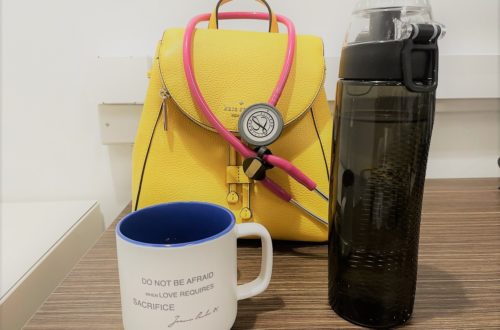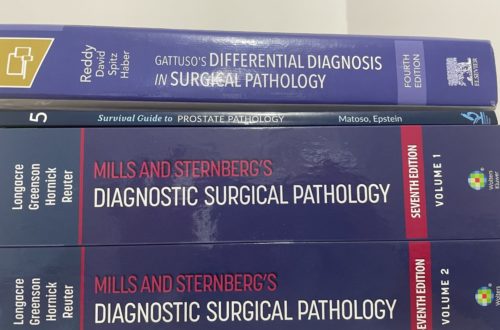
Canadian Exams for International Medical Graduates (IMGs)
The road to practicing medicine in Canada is difficult, especially if you are an international medical graduate (IMG). There may be the change in culture and environment that you need to grapple with and, for some, there is the language barrier, especially if English and/or French isn’t your first language. Despite years of practicing medicine in your country of origin, there is the unwritten requirement that you obtain some ‘Canadian experience’ in healthcare anyway. All these will cost you money, either directly or in lieu of working for pay. Most importantly, there are the exams to tackle, and these exams are administered by the Medical Council of Canada (MCC). Exam scores are important if you want to be a competitive applicant for the residency match.
When I first came to Canada to stay in 2013, the rules were a bit different. I had to first take the MCC Evaluating Exam (MCCEE), which was a written exam on basic and applied concepts in Medicine. The MCCEE was necessary before applying to sit the practical exam, called the National Assessment Collaboration Objective Structured Clinical Exam (NAC-OSCE).
After a few years, the rule that the MCCEE be passed prior to taking the OSCE was removed. Eventually, as of 2019, the MCCEE was phased out. Residency programs now require the OSCE and the MCCQE1, which is the theoretical exam based on clinical concepts. This is the same exam Canadian medical graduates (CMGs) take.The MCCQE2, which is similar to the OSCE in design, is taken by Canadian residents toward the end of their first year (R-1). After passing both the MCCQE1 and MCCQE2, one is awarded LMCC certification.
Aside from the medical exams, it may also be necessary to satisfactorily pass an English proficiency exam (IELTS or TOEFL). These exams are necessary if you received medical training in a country wherein English is not the primary language of instruction. (There is a list of countries for this.) Cut-off scores are program or province-specific. If you are applying to a French program in Quebec, you will also require proof of French proficiency via an examination.
To summarize, there are two exams required to apply for residency: the MCCQE1 (theory) and OSCE (practicals). Language proficiency exams are almost always necessary. Refer to the official websites for the schedule of these exams, as these are usually given only twice a year, so you will have to be strategic when planning.
I know it may sound overwhelming (and expensive). The best way to go about these exams is to study hard and take them in quick succession. I was fortunate to have taken them soon after graduating from medical school, and I was taking them in conjunction with the US Medical Licensure Exams (USMLE). That meant hitting two birds with one stone. It was tricky scheduling everything, given my full-time job and volunteer activities, but the hard work was worth it!
Of course these exams are only the initial minimum requirements to be able to apply to residency programs via the Canadian Residency Matching Service (CaRMS). (CaRMS period runs from September to March, with application deadlines in November, so plan your exams accordingly!) There is much more to be done to be a competitive candidate.
In subsequent posts, I will be talking more about what you can do to make your application stand out. In the meantime, keep dreaming and believing!



